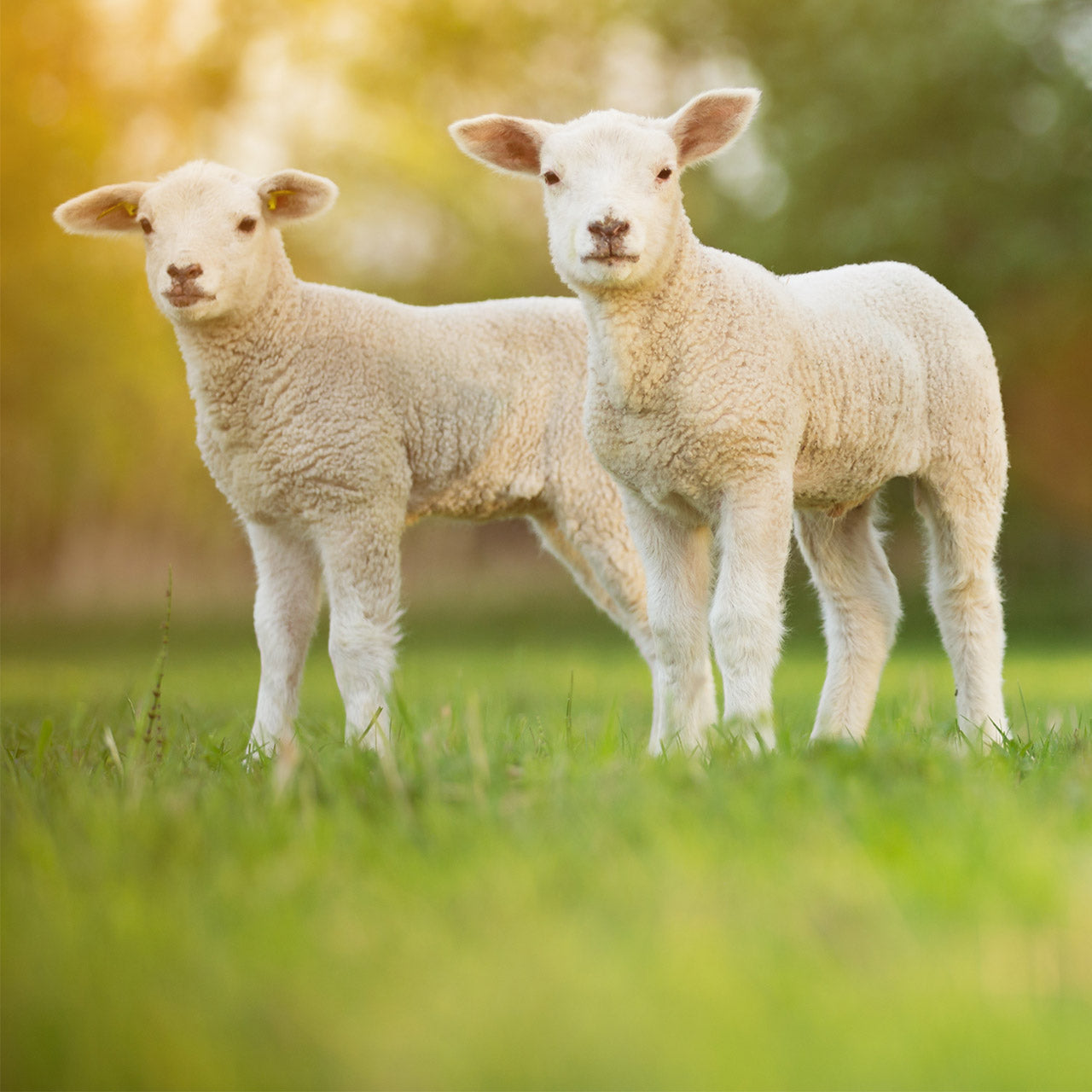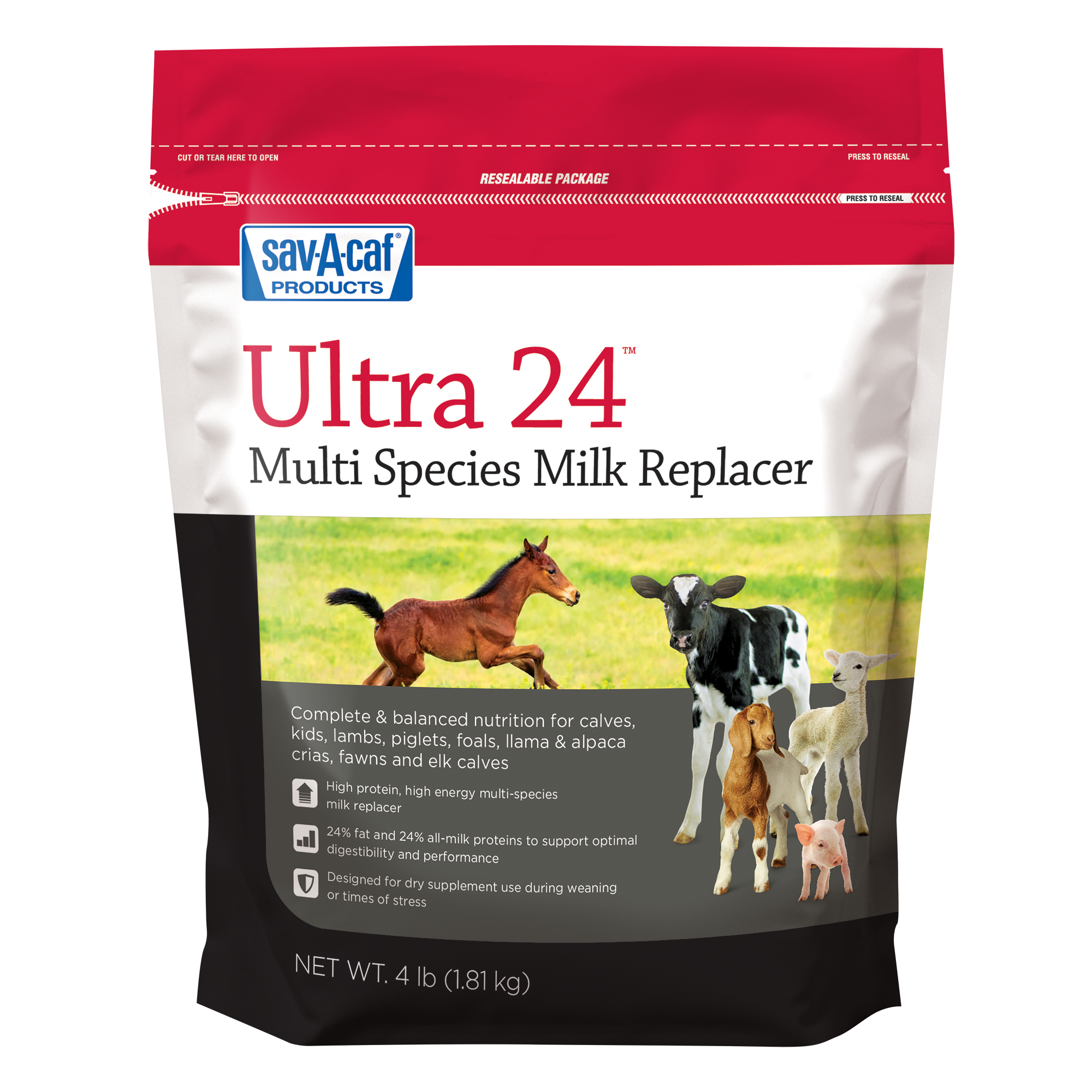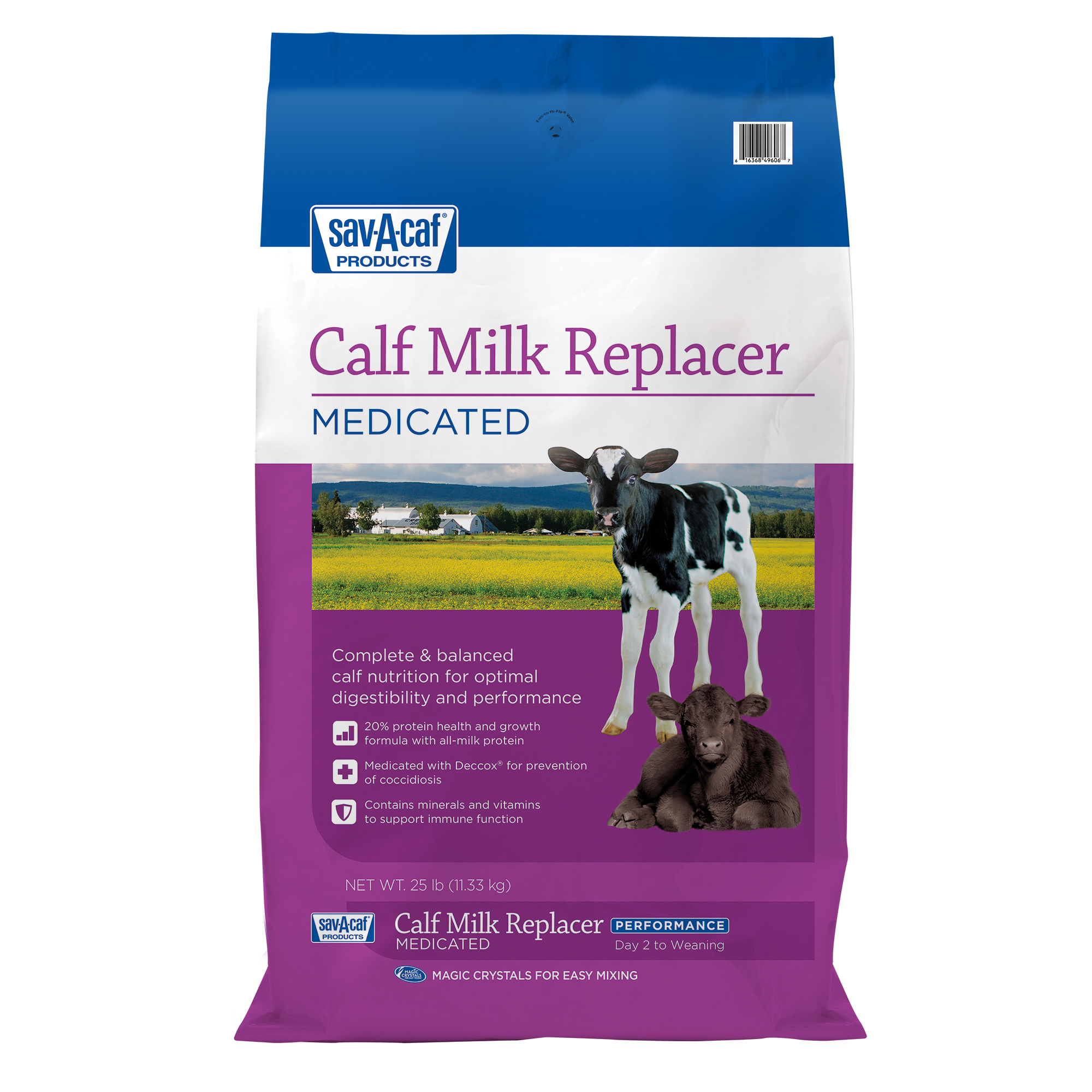
Help your sheep beat the summer heat
For many people, summer is the time for family vacations, days at the pool and watching fireworks. But for growing lambs, hot summer weather can bring on health and performance challenges that can affect them for their entire life.
Heat-stressed lambs could experience a decrease in growth rate due to a loss of appetite and suppressed immunity, which can lead to other health challenges. Sheep are most comfortable at 45-70 degrees Fahrenheit. When humidity sets in or temps go above 75 degrees, sheep begin to feel the negative effects of the heat.
Knowing how to keep sheep cool in summer can keep your flock comfortable and healthy. Here are four tips to beat the heat:
1. Hydration is key
Growing lambs need to drink water more often than adults due to a higher metabolism rate. And, with a greater percentage of their body weight comprised of water in comparison to adults, providing access to fresh water at all times is a must.
On average, growing lambs will drink 1-2 gallons of water per day but, when it’s hot, they drink much more. A study conducted with 3-year-old ewes showed that consumption of water is 9% – 11% of body weight in the winter and 19% – 25% during the summer.1
During periods of heat stress, offer your sheep electrolytes with their water two to three times per day. Sheep electrolyte supplements contain electrolytes, energy and amino acids to help replenish fluids and lost nutrients.
2. Shade and ventilation are essential
Just like people seek air conditioning during the hot days of summer, shade gives your flock a break from the sun’s rays.
A range of shade options are available and can fit many budgets. Natural shade may include large trees, bushes and even stacks of hay. If natural shade is not available, shade cloth, mesh fabric or even a tarp can work among many other options.
Regardless of the shade option you choose, it is important to provide enough shade for the entire flock to lie down at the same time.
If you are housing your sheep in a permanent structure such as a shed or barn, it is important to provide ample ventilation. An effective ventilation system during warm weather cools the building by replacing the warm air inside with fresh air and removes excess moisture. Proper ventilation can be achieved either naturally – without fans – or mechanically i.e., with fans.
3. Provide adequate nutrition
Having quality forage on hand is essential, as pasture quality is typically lower during hot weather. A high-quality grain mix is also recommended to help offset reduced growth rates during warm weather.
Hot weather can also reduce ewe milk production. If your lambs have not been weaned, ensure they are receiving enough energy to grow and thrive.
If milk production drops in heat-stressed ewes, supplemental liquid nutrition is needed. Look for a lamb milk replacer containing at least 23% protein and 30% fat. Milk replacer needs will vary depending on your lamb’s weight and appetite, so be sure to read the bag instructions to ensure you’re providing adequate nutrition.
What else should you look for in a lamb milk replacer? Read these tips.
4. Watch for signs of heat stress
Despite your best efforts, heat stress in sheep may be inevitable in some cases. Watch for these clinical signs of heat stress and work with your local veterinarian to assess each lamb or ewe:
- Continuous panting
- Rapid breathing



